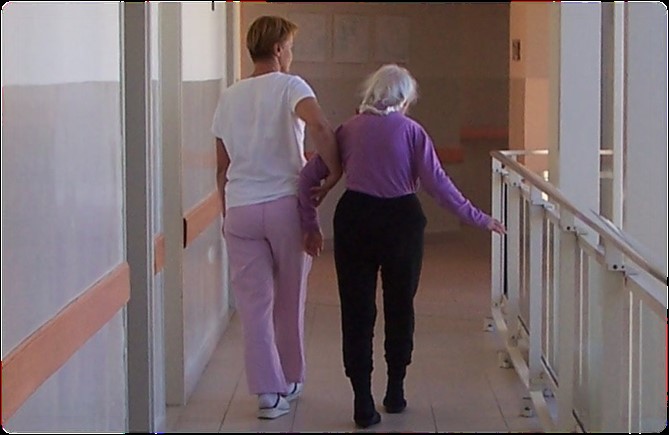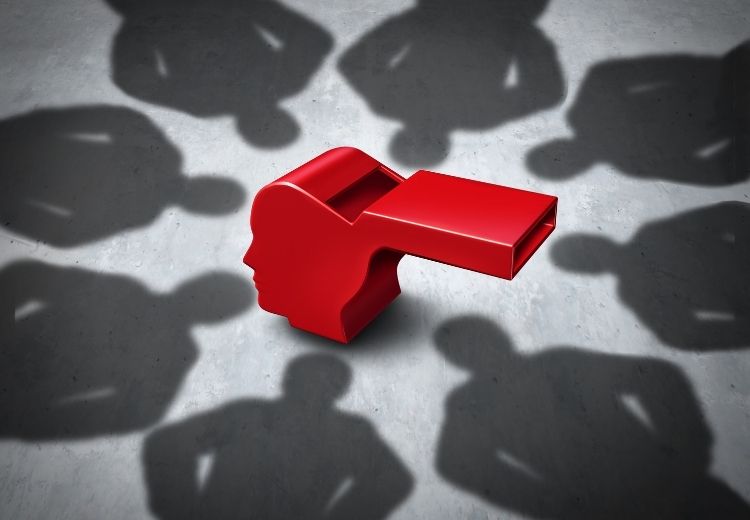The Network of European Integrity and Whistleblowing Authorities (NEIWA) has recently issued a list of 8 recommendations addressed to EU member states with the aim of strengthening the level of whistleblower protection within their national legislations.
17 December 2021 marks the deadline for the transposition into the national legislations of the EU member states of the EU Directive 2019/1937 on the protection of persons who report breaches of Union law. In the run up to this date, NEIWA members have drawn up a list of recommendations addresses at the EU members states with the aim of strengthening the level of whistleblower protection within their national legislations.
As an EU member state, Croatia also has the obligation to transpose the Directive into its national legislation, which has so far been done only partially. The Office of the Ombudswoman is assisting the process via its participation in the working group currently drafting the amendments to the Whistleblower Protection Act and will continue, if need be, advocating for the best solutions in the later phases of the legislative procedure – the process of the consultations with the interested public and the legislative procedure in the Parliament.
Recommendations for Stronger Whistleblower Protection in the EU
- Ensure that the Directive is implemented correctly and on time, so before the deadline of 17 December 2021.
- Uphold that ethics, integrity and the creation of a speak-up culture remains a top priority for public and private employers and managers.
- Make sure that the external reporting channels, set up by the competent authorities, have sufficient organizational and financial autonomy needed to perform their functions properly and providing them with sufficient resources.
- Consider appointing an authority that is recognized and positioned as the main, central or pivotal authority within the Member State or region and that gives the Directive and the national implementing law a name, a face and a phone number.
- Provide for a clear legal prohibition of retaliation, which will have an important dissuasive effect.
- Ensure that reporting persons are granted protection status, where this is foreseen by national legislation.
- Ensure that competent authorities have, where appropriate, dissuasive tools to prevent any form of retaliations and impose sanctions on the individual and /or organization taking retaliatory measures.
- Provide that reporting persons benefit from effective legal, psychological and financial support when reporting, regardless of their personal or financial situation. These services could be provided by governmental or non-governmental organizations or other professional associations with the necessary funding, expertise and independence.
About NEIWA
The Network of European Integrity and Whistleblowing Authorities (NEIWA) is a cooperation and knowledge exchange platform on the topic of whistleblower protection, an important element within the broader theme of anti-corruption, established in May 2019 and currently gathering competent authorities from 23 EU member states.
The most recent NEIWA session which produced the recommendations listed above welcomed new members to the organization: the Whistleblower Protection Office from Slovakia, the Office for the Prevention of and Combatting Corruption from the Baleares (Spain) as well as the Danish Data Protection Office (Datatilsynet). Their experiences in conducting their mandates vary. For instance, the Slovak institution was only able to begin operating two years after the coming into force of the Slovak whistleblower protection act. Some of these institutions can impose sanctions and/or suspend terminations of whistleblowers’ employment contract for a period of 30 days.
Whistleblower Protection in Croatia
Croatian Whistleblower Protection Act came into force in 2019, giving the Ombudswoman the mandate to receive whistleblowers’ complaints in certain cases and under certain conditions provided for by the law.
The Office of the Ombudswoman has been a NEIWA member from 2019 and has supported both the most recent declaration containing the recommendations listed above as well as the earlier efforts by NEIWA advocating the implementation of the Directive, the Rome Declaration of 2020 and the Utrecht Declaration of 2021.
 Ombudswoman Submits Report 2023 Annual Report to the Croatian Parliament
Ombudswoman Submits Report 2023 Annual Report to the Croatian Parliament The Importance and Impact of Political Discourse in the Pre-Election Period
The Importance and Impact of Political Discourse in the Pre-Election Period International Conference Marks End of the Project on the EU Charter on Fundamental Rights and the Rule of Law
International Conference Marks End of the Project on the EU Charter on Fundamental Rights and the Rule of Law Parliamentary Committee on Human and National Minority Rights Votes in Favor of the Ombudswoman’s 2022 Annual Report
Parliamentary Committee on Human and National Minority Rights Votes in Favor of the Ombudswoman’s 2022 Annual Report World Homeless Day – Invisible, but also Forgotten?
World Homeless Day – Invisible, but also Forgotten? Ombudswoman to Issue Special Report on the Human Rights of Older Persons
Ombudswoman to Issue Special Report on the Human Rights of Older Persons


